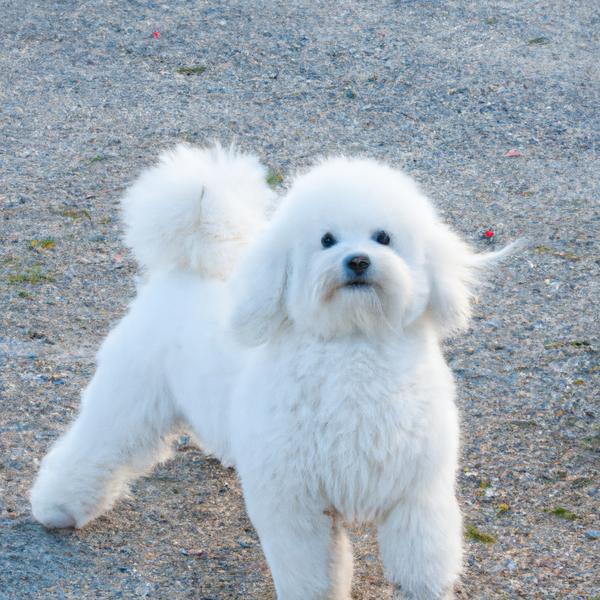
Italian-Bichon Breed Information & Characteristics
Hypoallergenic
Are Italian-Bichons Hypoallergenic?
While no dogs are truly 100% hypoallergenic, Italian-Bichons are about as close as it gets, making them an ideal pet if you are an allergy sufferer.
Temperament
What is an Italian-Bichon personality? What are Italian-Bichon dogs best known for?
Playful
Agile
Sensitive
Intelligent
Affectionate
Gentle
Companionable
Cheerful
Athletic
Mischievous
Shedding Level
Are Italian-Bichons heavy shedders? How Much Does an Italian-Bichon Shed?
Italian-Bichon dogs are low shedders. The coat sheds an average amount and doesn't require much care.
Watchdog Ability
What is the watchdog ability of an Italian-Bichon dog?
The Italian-Bichon breed is one of the worst choice if you want a good watchdog.
Ancestry
What are Italian-Bichons descended from?
Bichon Frise and Italian Greyhound
Breed recognition
What organizations or kennel clubs recognize/register the Italian-Bichon breed?
ACHC = American Canine Hybrid Club
DBR = Designer Breed Registry
DDKC = Designer Dogs Kennel Club
DRA = Dog Registry of America, Inc.
Date of Birth
When were Italian-Bichons first bred? How old is the Italian-Bichon breed?
2000's
Eye Color Possibilites
What color are Italian-Bichon eyes?
Brown
Nose Color Possibilites
What color can Italian-Bichon nose be naturally?
Black
Coat Color Possibilites
What color can Italian-Bichon coat be naturally?
Cream
Fawn
Sable
White
Coat Length
How long is an Italian-Bichons coat?
Italian-Bichons are known for their short coat.
Coat Density
How Dense Is The Italian-Bichon Coat?
Coat Texture
What is the texture of the hair of an Italian-Bichon?
Straight
Litter Size
How many puppies can an Italian-Bichon have in a litter? How many puppies can an Italian-Bichon have in her first litter?
An Italian-Bichon can have a litter of 2-5 puppies on average. However, it's worth noting that the size of the litters can vary greatly. Factors that can influence litter size include the health of the mother, breeding history, and genetics.
Adaptability
Italian-Bichons are known for their adaptability and versatility, they are capable of adapting well to a wide range of lifestyle changes and living environments. They are a highly adaptable breed, and make great companions for families and individuals of all lifestyles.
Health Issues
Do Italian-Bichons have a lot of health problems?
The Italian-Bichon is generally considered to be healthy. However, like all breeds, they are susceptible to certain health issues and it is important to keep an eye out for them and address them with your veterinarian as needed.
Major Concerns
What are the major health concerns to be aware of when owning an Italian-Bichon?
Urolithiasis
Patent Ductus Arteriosus
Minor Concerns
What are the less significant issues to keep in mind when it comes to Italian-Bichons?
Cataracts
Shaker Dog Syndrome
Occasional Tests
What are the occasional tests recommended for Italian-Bichon breed?
Urinalysis
Blood Count
Ophthalmologic Examination
Blood Chemistry
Energy
Do Italian-Bichons have a lot of energy?
For those who lead a balanced lifestyle, Italian-Bichons may be a good choice as they have an average energy level.
Social Needs
Do Italian-Bichons need socialization? How social are Italian-Bichons?
Italian-Bichon have above average social needs compared to other breeds.They thrive in environments where they have a lot of interaction with humans and other dogs.
Exercise Needed
How much exercise should Italian-Bichons get?
The Italian-Bichon dog requires a moderate amount of physical activity to maintain a healthy lifestyle. These breeds are ideal for people who have a moderate amount of time to devote to their pet and enjoy regular physical activity themselves. They also make great family pets as they have the energy to keep up with children and the temperament to be great companions.
Sleeping Need
How much sleep should an Italian-Bichon have? Do Italian-Bichons sleep a lot?
The Italian-Bichon breed is known for its moderate energy levels and normal sleep patterns, typically sleeping around 12-14 hours per day.
Tendency to Bark
How much does it bark?
Italian-Bichons tend to bark moderately, they bark when necessary, such as to alert their owner or to communicate something. They may also bark due to certain triggers like fear, alarm, boredom, greeting, separation anxiety and compulsive barking.
Mouthiness
Are Italian-Bichons mouthy?
Roaming urge
What is the likelihood of an Italian-Bichon running away? Do they have a tendency to explore or wander frequently?
Prey Drive
Do Italian-Bichon dogs have a high prey drive?
Activity Level
What is the energy level of an Italian-Bichon? How much energy does an Italian-Bichon have?
Italian-Bichons are medium-energy dogs and typically enjoy socializing and playing casual or even sustained games of chase with other dogs. They may also have occasional periods of barking or racing around the house.
Tolerance of being left alone
Walks per Week
How far should an Italian-Bichon walk each week? How many miles should an Italian-Bichon walk every week?
There's really no limit to how far you walk your dog as long as they're comfortable. For Italian-Bichon, it's at least 9 miles / week. Just remember to build distance and stamina gradually over time.
Activity per Day
How much an Italian-Bichon should exercise a day? How much activity does an Italian-Bichon need?
In general most Italian-Bichons usually need at least 45 minutes of exercise daily. This can be spread across the day and include all sorts of high-energy activities, like walking, running and playing.
Grooming
What level of grooming should be provided for an Italian-Bichon?
The Italian-Bichon is a breed of dog that requires an average amount of grooming effort.
Brushing Frequency
How often should you brush an Italian-Bichon?
Italian-Bichon should be brushed at least once a week. Of course you can give them more frequent brushes if you find that they are still shedding a lot
Brushing Tools
What are the most commonly used brushing tools for Italian-Bichons?
Slicker Brush
Scissors
Nail Clipper
Cups
How many cups of food does an Italian-Bichon eat?
For an average 12-18 pound (5 - 8 kg) Italian-Bichon feed 1 cups daily. But, keep in mind, the amount you feed is going to be dependent on the quality of the food you are feeding.
Daily Cost
How Much Does an Italian-Bichon Cost Daily?
The average cost of an Italian-Bichon is somewhere $1.30 - $1.40 per day.
Monthly Cost
How Much Does an Italian-Bichon Cost Per Month?
The average per month expenses of an Italian-Bichon is between $35 - $42. This makes an average of $420 - $504 per year. It will be on the higher side when the dog is still small because it will need more frequent visits to the vet, shots.
Intelligence
How intelligent is an Italian-Bichon?
Italian-Bichons has average obedience intelligence. But, they're also independent thinkers. The Italian-Bichon is a breed with an exceptionally high IQ and may get into mischief if left to their own devices.
Sensitivity Level
How sensitive is an Italian-Bichon dog?
This dog breed is particularly attuned to its environment and the emotions of those around it. It can be easily overwhelmed by loud noises, new environments, and unfamiliar people or animals. This dog is best suited for individuals or families who are patient, gentle, and understanding of its sensitive nature. It may also benefit from a calm and stable home environment, with a consistent routine and plenty of positive reinforcement training.
Affection Dependance
Are Italian-Bichon dogs affectionate?
Apartment Friendly
Do Italian-Bichon do well in apartments? Are Italian-Bichons good indoor dogs?
The Italian-Bichon is an apartment-friendly dog breed. They can do perfectly well in apartments providing they are sufficiently exercised and taken out and about as part of their owner's daily lifestyle.
Child Friendly
Are Italian-Bichons good with kids? Are Italian-Bichons good around children?
Italian-Bichons are average friendly dogs towards children.
Senior-friendly
Are Italian-Bichons good for elderly?
Cat Friendly
Are Italian-Bichons good with cats? How friendly Italian-Bichons are toward cats?
Italian-Bichons are one of the best dogs for cats. They're accept cats readily as part of the family. However, this dog breed should be trained to not chase after the kitty early on
Dog Friendly
Do Italian-Bichon dogs get along with other dogs? Are Italian-Bichons OK with other dogs?
Italian-Bichons are friendly, active and loyal companions. They generally love to be around other dogs, making them a good family pet for some,
Pet friendly
How do Italian-Bichon dogs interact with other pets? Are they considered pet-friendly?
Stranger Friendly
Are Italian-Bichons friendly with strangers?
Italian-Bichons are friendly dogs and won't commonly bark at strangers. However, if you wish to change this, training them is easy. With their intelligence, teaching this breed to do anything is pretty simple.
Playfulness
Do Italian-Bichons like to play? Are Italian-Bichons playful?
The Italian-Bichon is a playful dog. So, no matter how busy the day may get, the best thing you can do for your Italian-Bichon is to make time each day to play. It can be as little as 15-20 minutes, and it will mean the world to them.
Trainability
Are Italian-Bichon easily trained?
Italian-Bichon dogs are usually easy to train, but may require consistency to fully obey commands.
Compare Italian-Bichon with other breeds
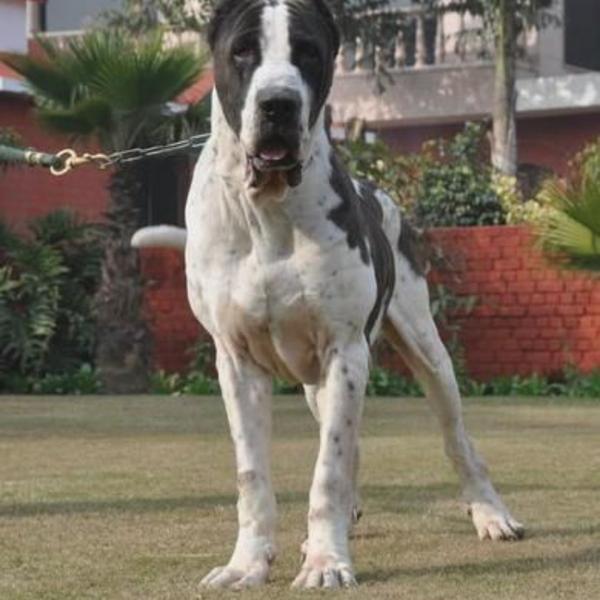
Bully Kutta
Italian-Bichon vs Bully Kutta
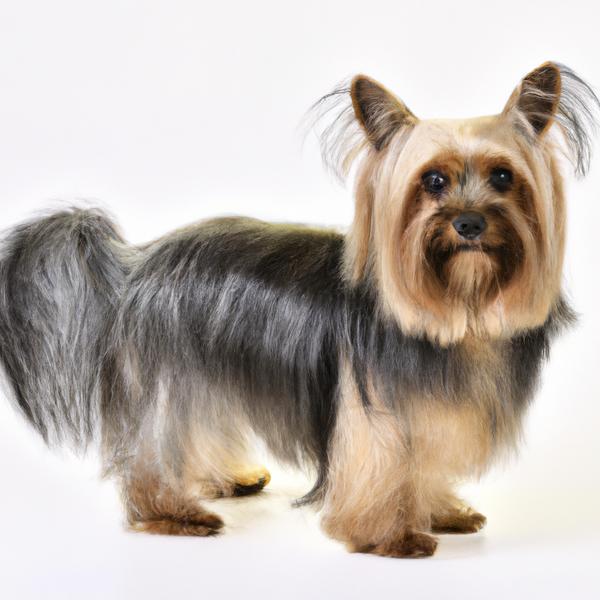
Yorkillon
Italian-Bichon vs Yorkillon
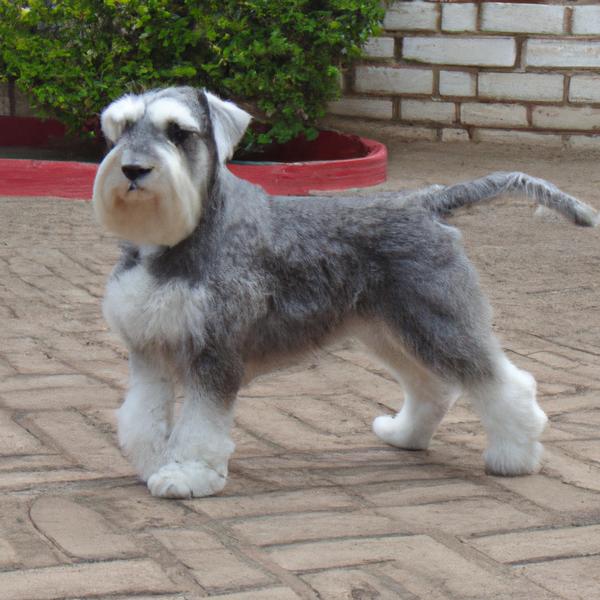
Coton Schnauzer
Italian-Bichon vs Coton Schnauzer
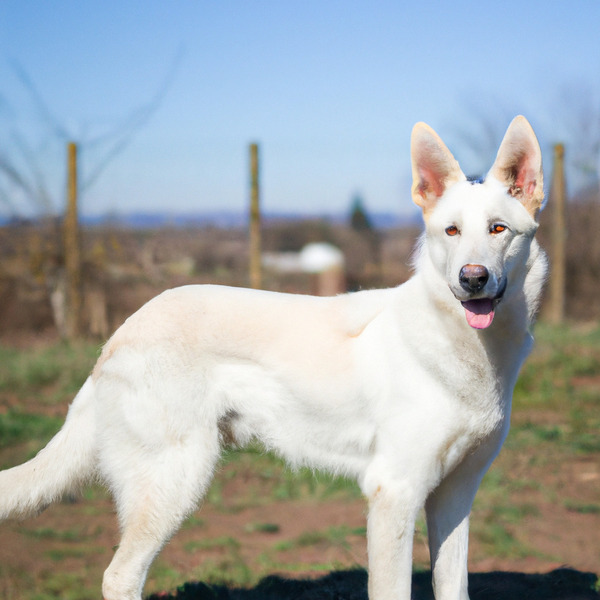
White Shepherd
Italian-Bichon vs White Shepherd
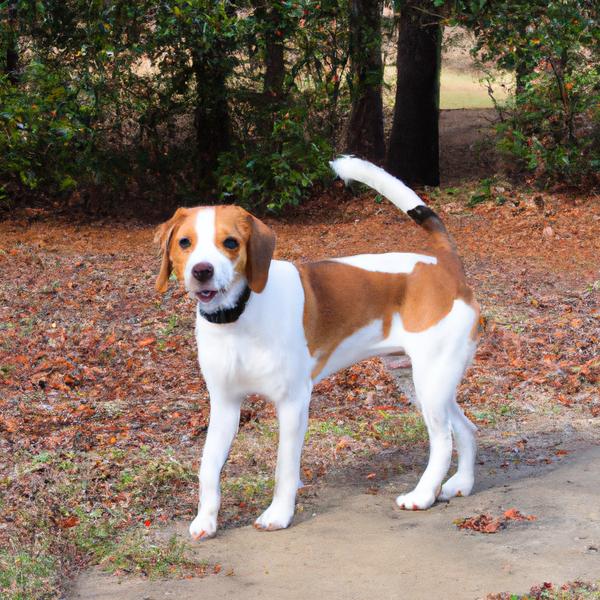
Brittany Beagle
Italian-Bichon vs Brittany Beagle
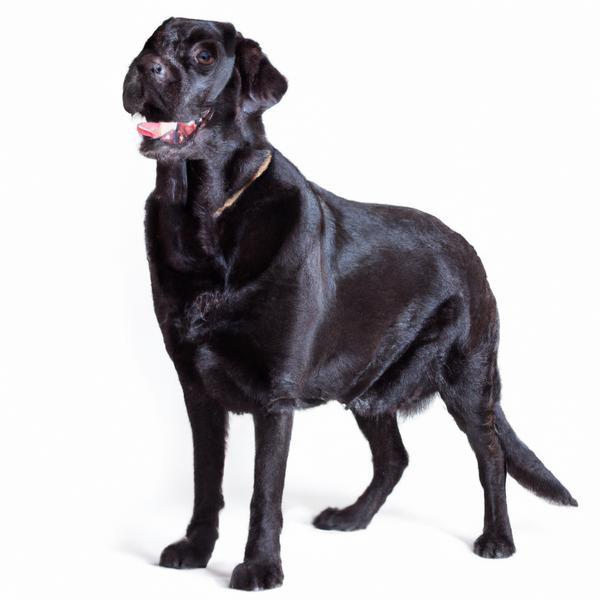
Labradinger
Italian-Bichon vs Labradinger
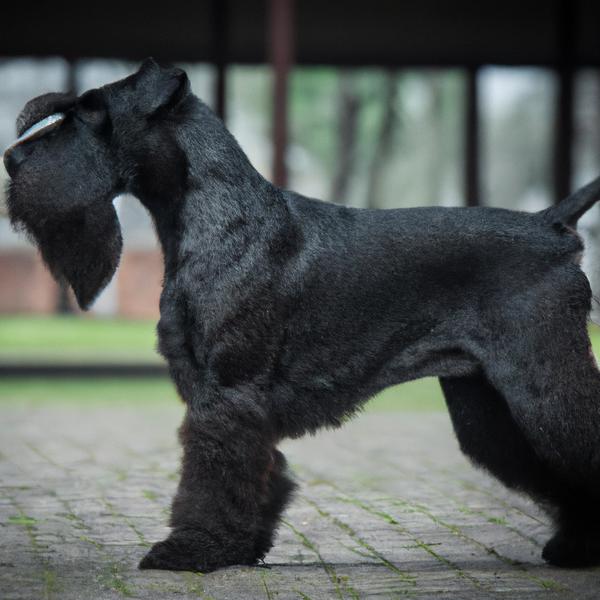
Giant Schnauzer Chin
Italian-Bichon vs Giant Schnauzer Chin
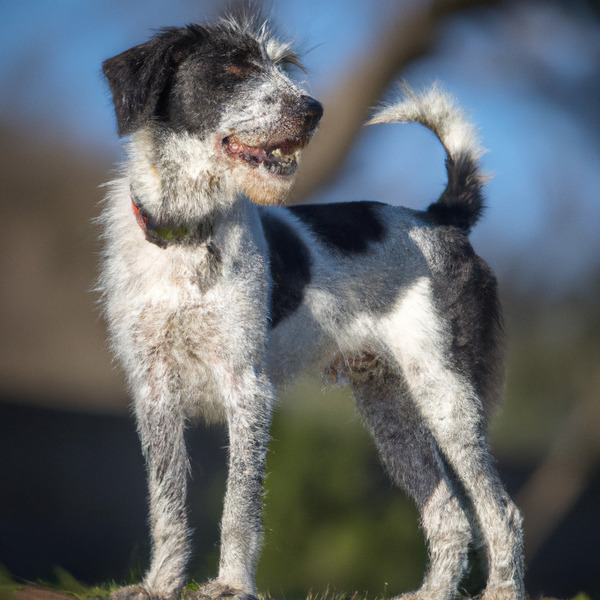
Japanese Terrier
Italian-Bichon vs Japanese Terrier
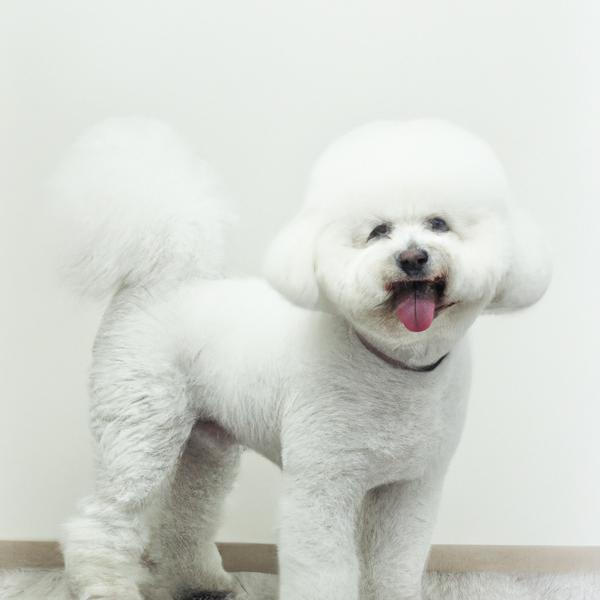
Bichon Frise
Italian-Bichon vs Bichon Frise
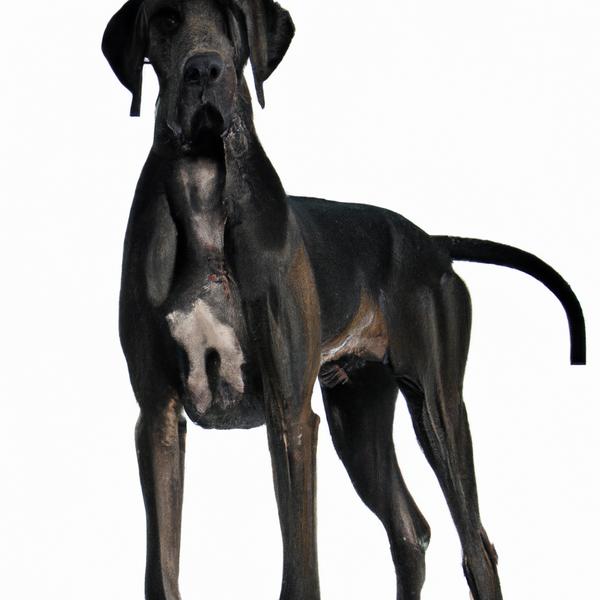
Cortese
Italian-Bichon vs Cortese
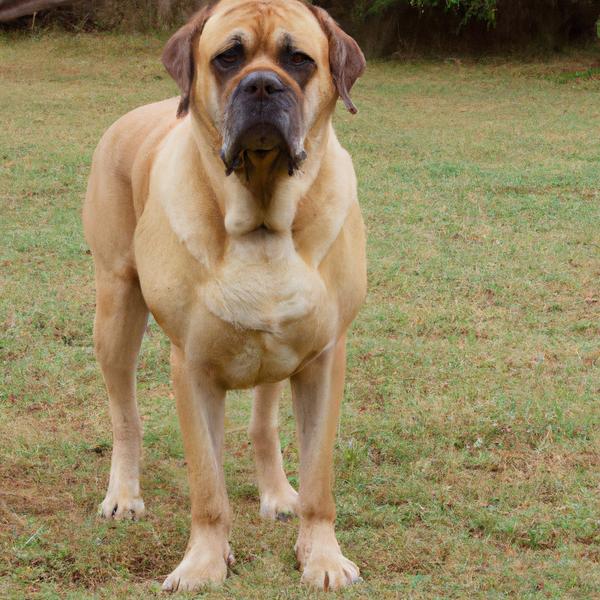
Golden Bullmastiff Retriever
Italian-Bichon vs Golden Bullmastiff Retriever
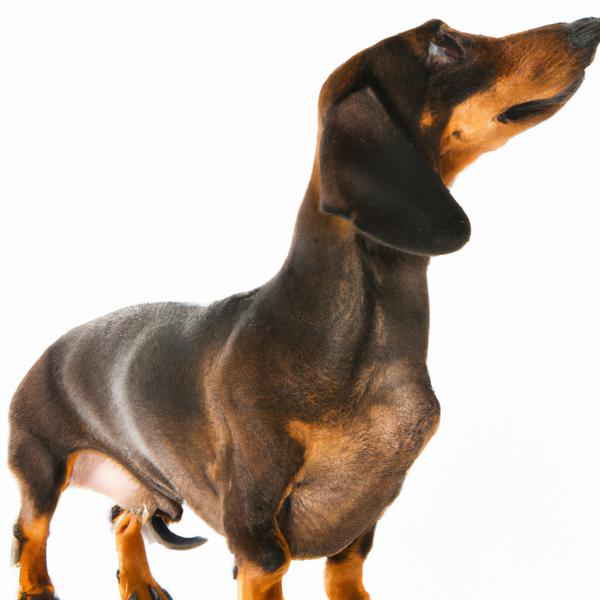
Dachshund
Italian-Bichon vs Dachshund